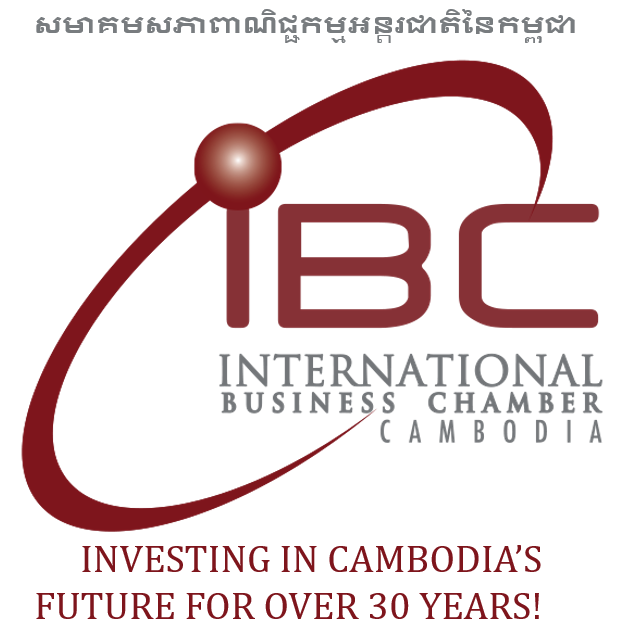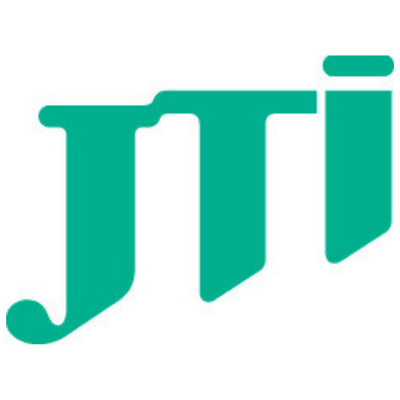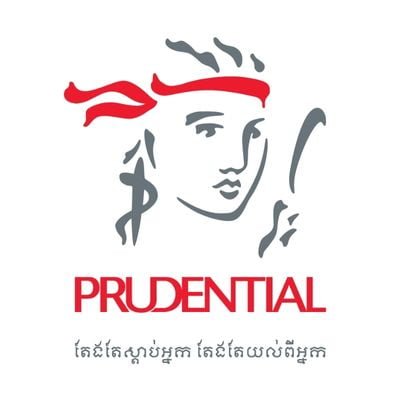Cambodia Investment Review
During an International Business Chamber of Cambodia and Ministry of Commerce organized event on the 1st of November 2023, His Excellency Meas Soksensan, Secretary of State of the Ministry of Economy and Finance, and accompanied by H.E. Om Macthearith, Director General of the General Department of Public-Private Partnerships, shed light on the transformative role the Law on Public-Private Partnerships (PPP) is playing in the development of Cambodia’s public infrastructure and services.
“The PPP Law has not only cemented Cambodia’s commitment to foster a more inclusive and comprehensive approach to infrastructure development and service provision, but it also serves as a magnet for both local and foreign investments,” stated H.E. Meas Soksensan.
The journey to this structured approach has been a commitment, long in the making. Cambodia, since the 1990s, has been leveraging concession projects, notably in the energy and aviation sectors. While the 2007 Law on Concession provided a legal framework, it lacked the comprehensive rules and regulations to support the broader vision. “The transition was a period of learning and adaptability, with projects continuing under an ad-hoc mechanism,” explained the Secretary of State.

Providing A Detailed Framework for Project Management
In a move to create a more structured framework, the Government of the Kingdom of Cambodia (GKC) mandated the Ministry of Economy and Finance (MEF) in 2013 to draft a PPP policy. The subsequent approval of the Policy Paper on “PPP for Public Investment Project Management 2016-2020” in 2016 was a significant stride towards this goal, which revealed that the Law on Concession 2007 is inadequate for Cambodia’s development goals, and therefore necessitated its replacement with a new Law on PPP. As a result, the promulgation of the Law on PPP in 2021 marked a pivotal moment for the GKC in promoting and enhancing the PPP mechanism.
Elaborating on the objectives of the new law, H.E. Om Macthearith commented, “Our aim is multi-faceted: to establish competent institutions, provide a detailed framework for project management, streamline procurement procedures, and clearly define the financial support mechanisms and investment incentives.”
The Law on PPP further extends the sectors eligible for PPP projects. They include:
- Transport and Logistics
- Post, Telecom, ICT, and Digital Technology
- Health, Education, Labor, TVET, Tourism, and more
- Agriculture and Irrigation
- Mine and Energy
- And others as permitted by existing laws and regulations in the Kingdom of Cambodia.
In line with the Law’s objectives and to facilitate the preparation and development of PPP Projects, the General Department of Public-Private Partnerships (GDPPP) has officially recognized a panel of eleven esteemed consulting firms, including KPMG Cambodia, EY Corporate Advisors from Singapore, Crisil Limited from India amongst others.
Highlighting the essence of PPP, H.E. Om Macthearith defined them as “an agreement between the State and a Private Partner, allowing for shared responsibilities and benefits in public infrastructure or service provisions.” Such partnerships grant private entities the ability to invest, share risks, and reap benefits based on their performance.
The Law’s articles empower a broad spectrum of public entities, including ministries, institutions, and public enterprises, to enter into PPP contracts. These entities have the authority to ink the PPP Contract with the Private Partner, along with MEF’s countersigning as the GKC’s representative.
The Law’s Pivotal Role in Shaping Cambodia’s Future
Furthermore, any firm legally registered in Cambodia, any foreign commercial firm adhering to foreign laws, and any public enterprise not acting as the Implementing Agency can engage in PPP projects.
Drawing attention to the projects in the pipeline, H.E. Om Macthearith shared the “Priority PPP Project List,” which includes significant endeavors like the Sihanoukville Logistics Complex and the Phnom Penh-Siem Reap-Poi Pet Expressway, with 6 other solicited projects and 4 unsolicited projects in the pipeline.
Concluding his address, His Excellency emphasized the Law’s pivotal role in shaping Cambodia’s future. “With clear guidelines, competent institutions, and active participation of the private sector, we are charting a path to sustainable growth and development in Cambodia,” he remarked.
For investors and businesses eyeing Cambodia, the newly structured approach to PPP presents a promising avenue for engagement, ushering in a new era of growth and collaboration between the public and private sector.









